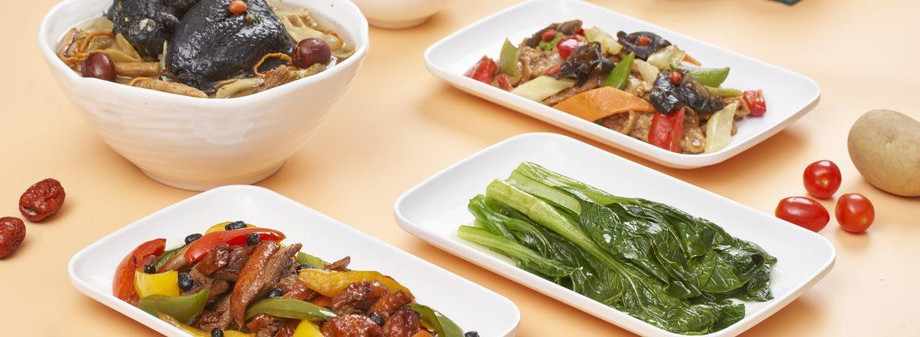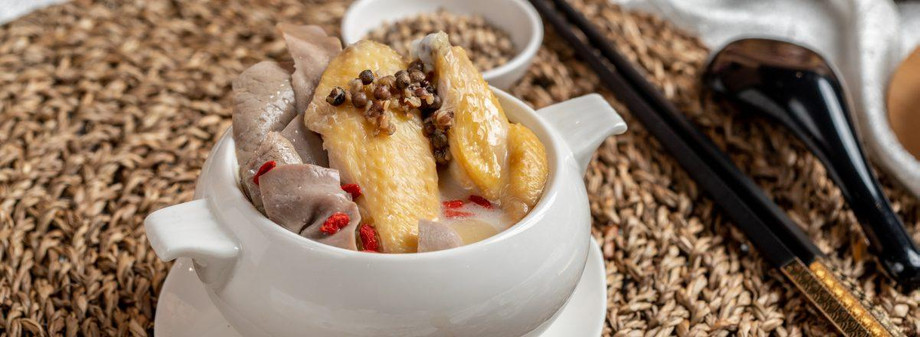Confinement in Singapore: Complete Guide You Need To Know
The time of confinement is the best time to recuperate from birth to restore your health and begin to nurse your infant. It is essential to take adequate rest and eat a healthy diet to be well rehabilitated. A lot of confinement practices were rooted in the past and handed through generations. Although each tradition has different rules, however, there are a few common rules and guidelines, diets, and other essentials you have to be aware of. Confinement: Do’s & Don’ts.
Does Get Extra Help, If Necessary
The confinement time is designed for mothers to receive the most rest they can to fully recover from the birth of their child. Nursing can make you exhausted because of the hormonal effects. It is recommended to refrain from strenuous exercise or lifting heavy objects for three months after birth, to allow you to fully recover. During this period, it is possible to seek the assistance of a family member or confine a nanny to care for the baby and help with chores of the household. Don’t be afraid to seek assistance if you require help.
Do You Have a Proper and Nutritious Diet?
The diet you choose to eat is an integral aspect of recovery, and diverse cultures have their own ways of determining what foods to consume and the foods to stay away from. But the goal stays the same. The diet should eliminate “wind” within the body and improve blood circulation. It also boosts the flow of milk and strengthens joints. For instance, the Chinese custom involves drinking tea with dates that are red or eating chicken prepared with sesame oils as well as traditional tonics that consist of ten herbs. Also, stay clear of food that was cooked earlier in the day. In Malay tradition, the focus is on eating “heating” food items while drinking a drink known as Jamu is made to keep one warm. Chicken cooked in garlic, milk, and garlic with herbs form part of the diet of confinement for Indians.
Avoid Drinking Cold Drinks
Drinking cold drinks is thought to cause a “cooling” effect, which reduces recovery time and can result in a decrease in health. It is recommended to drink hot drinks, and many traditional practices suggest the consumption of hot teas as a part of the diet for confinement.
Foods To Avoid During Confinement
Caffeine
This may be a problem for those who drink coffee, even though you’ve probably already learned to reduce your consumption of coffee during pregnancy. But, caffeine could be absorbed into breast milk and cause irritation to your baby’s digestive system because it’s still weak. It may also increase the heart rate, which can cause insomnia. Therefore, it is recommended to avoid drinking caffeine as much as you can during your nursing. It is also recommended to limit the amount of chocolate you consume since it is a source of caffeine.
Spicy Food
Consuming spicy foods could cause discomfort to your baby as they breastfeed however the degree of discomfort may differ among infants. Additionally, it can cause discomfort in your abdomen, constipation, or constipation that can hinder the healing of your uterus, if this persists for an extended period of duration.
Citrus Fruits
Lemons, limes, and oranges may cause rashes and discomfort in your baby because they can irritate the digestive tract of your baby. This is particularly true if you consume them regularly and in large quantities.
Seafood
Although fish is often a component of diets that are restricted, it’s not advised to eat other fish as they could have high levels of mercury that can trigger gastric problems in your infant.
Dairy Products
Dairy products like yogurt and cheese are different kinds of food that may upset your stomach as well as cause stomach discomfort. They may also trigger allergies, particularly those who are lactose-intolerant.
Oily & Salty Foods
New mothers have an unbalanced digestive system, which causes them to be more susceptible to diarrhea and constipation, and oily foods can make the intestines more sensitive. Foods that are salty can cause drinking water loss, thirst, and a decrease in lactation.
Cold & Raw Foods
Drinks and food that are cold as well as raw foods can cause upset to the spleen and stomach, and stop the release of toxic fluids in your body. “Cooling” foods are covered in the category and include examples of watermelon pear, persimmon, coconut, and green bean as well as tangerine, radish watercress, water spinach, Chinese cabbage, and winter watermelon.
Best Foods To Consume During Confinement
Turmeric
Turmeric is a rich source of nutrients like magnesium, potassium, fiber, Vitamin B6 as well as Vitamin C. It can help fight diseases and indigestion. Drink warm milk with a teaspoonful of turmeric. New mothers adhering to the tradition of Indian confinement techniques use turmeric in their dish known as Hariri to enhance their meals.
Black Pepper
Black pepper is one of the “heating” ingredients that are believed to help to treat the body. A lot of belief systems suggest that the pores get opened when you deliver. It is possible to add black pepper to your food and serve it as a substitute for chili.
Oats
Oats boost your energy levels and are loaded with nutrient fiber, vitamins, and protein that fight constipation. They also aid in helping to maintain and build your milk supply when nursing. Oats are a great option to incorporate into your diet oatmeal, oats, and milk, topped with fruit and oatmeal biscuits.
Salmon
Salmon is rich in protein that helps heal wounds, and zinc, which can help combat postpartum depression. It is possible to steam it, bake it, or fry it in the way you want.
Pork Liver
Pork liver is a fantastic supply of Vitamin A as well as iron, which helps replenish blood loss following the birth of a child. But, be sure to consume it in moderation, as it’s also rich in cholesterol and uric acid. It is possible to find the flavor of the liver pork is quite strong, however, there are many ways to cook this dish to enhance its appeal. It is possible to stir-fry it with sesame oil and garlic.
Almonds
Vitamin E is a major component, and almonds are a great food to help heal the stretch marks that cause itching. They also contain vitamin B12 and omega 3 acids, and large quantities of fiber to help boost the lactation process and hormones that aid in milk production.
Green Vegetables
Spinach and broccoli, fenugreek beans, and peas are all high in vitamins A and C, iron, and fiber to aid in replenishing your blood supply and relieve back and joint discomfort. They can be cooked in oil, steamed, or boiled in soup.
Continue Reading-




Comments
Post a Comment